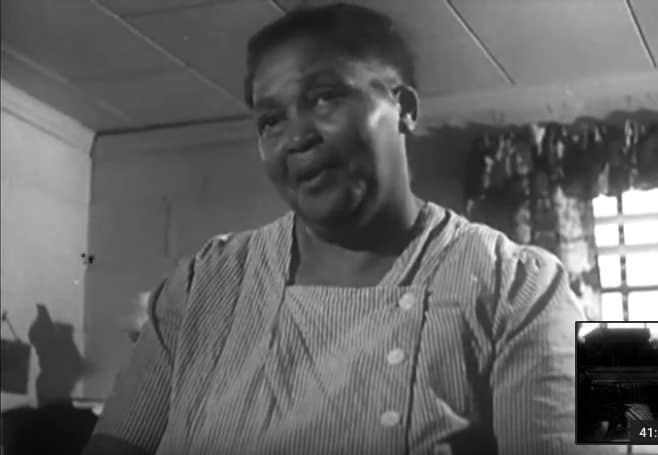
Known for her progressive views on childbirth, Mary Francis Hill Coley was an influential midwife in American history. Coley, known as Miss Mary, was an African American woman with almost no formal education, but she successfully helped deliver more than 3,000 babies over 30 years. This Black History Month, let’s honor the great achievements of Mary Francis Hill Coley. A nurse, social activist, and local Georgian, Miss Mary is truly an inspirational Mindful Hero.
Midwife. Activist. Black History Month Hero.
Mary Francis Hill was born in Baker County, Georgia in 1900. Her mother died in childbirth and her father passed away, so aunts and uncles raised Miss Mary. She later married her husband Ashley Coley and moved to Albany in 1930. A midwife named Onnie Lee Logan trained Miss Mary in midwifery, and she later became an advocate for community health.
Despite the racial barriers in Georgia at the time, Miss Mary helped both black and white mothers deliver babies in the segregated south. She did everything she could to aid the women and their families. She would even help mothers in recovery by doing chores or organizing their registration forms for the county health office.
Later in her career, the award-winning documentary, All My Babies: A Midwife’s Own Story (1953), featured Miss Mary. Filmed by George C. Stoney, the midwife movie was commissioned by the Georgia Department of Public Health and the Audio-Visual Division of the Association of American Medical Colleges. The film follows Miss Mary as she “guides two women and their families through the latter stages of pregnancy and the birth”—one of the women is “proactive and prepared” and the other is from a “poorer household.”
The midwife movie became a staple in midwifery training programs for years.
Childbirth in the U.S. Today
Miss Mary’s advocacy for healthy childbirth and her care and attention to details was vital back then. Today the number of American mothers suffering from childbirth complications is rising. So, it’s fair to say that we could use a little more of Miss Mary’s care today.
Research shows that more American women are dying from pregnancy-related complications than any other developed country—and the rate of deaths is rising. This is partially due to the fact that hospitals “can be woefully unprepared for a maternal emergency.” In fact, famed tennis player, Serena Williams, recently revealed that she suffered from serious health complications after giving birth to daughter Alexis Olympia. Initially, nurses dismissed her symptoms.
And it’s not just American mothers who are in danger. According to one study, the United States has the poorest child health outcomes than other wealthy nations. In fact, the U.S. falls behind Australia, Austria, Belgium, Canada, Denmark, Finland, France, Germany, Iceland, Ireland, Italy, Japan, the Netherlands, New Zealand, Norway, Spain, Sweden, Switzerland and the United Kingdom.
Miss Mary, Never Forgotten
In the light of these sobering studies, Miss Mary’s story is particularly inspiring. Though she died in 1966 in Albany, her legacy lives on. In 2002, the Library of Congress selected the All My Babies documentary for the National Film Registry. The midwife movie represents a “culturally, historically and artistically significant work.”
In 2005, the Anacostia Smithsonian Museum for African American History and Culture featured Miss Mary in the “Reclaiming Midwives: Pillars of Community Support” exhibit. And in 2011, Miss Mary was inducted into the Georgia Women of Achievement Hall of Fame.
We will always remember Miss Mary and all her hard work.
Bonus. Want to learn about other trailblazing black women this Black History Month? Check out this Mindful article on Shirley Chisholm.
Main photo credit: Screenshot from All My Babies documentary









